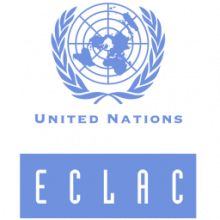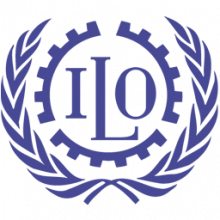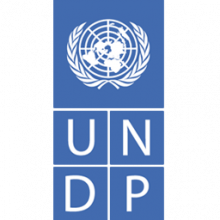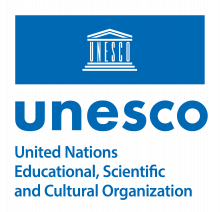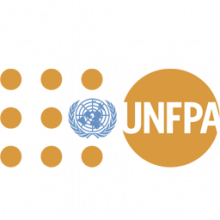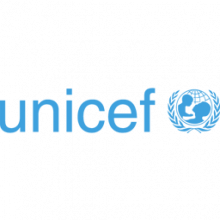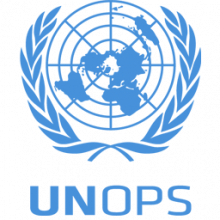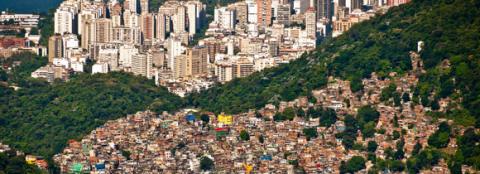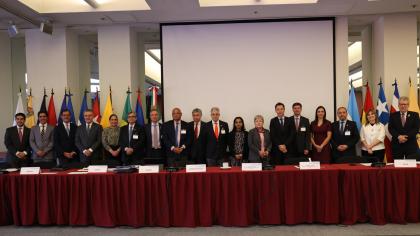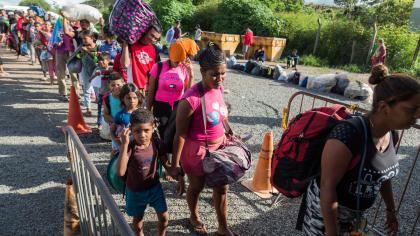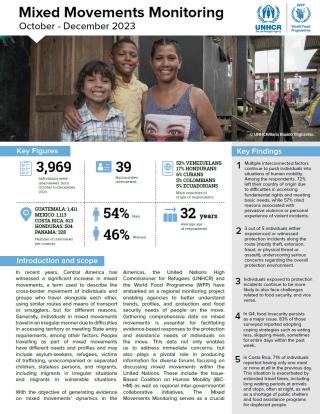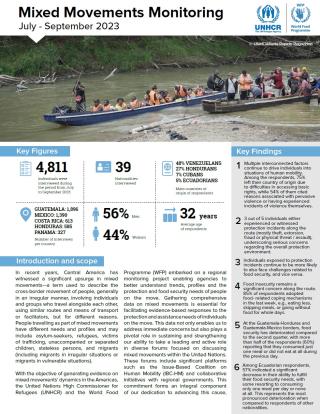
Description
The 2030 Agenda for Sustainable Development reflects a consensus on the need to move towards more egalitarian, cohesive and solidarity-based societies, and is people-centred, promoting a model of sustainable development and calling for “no one to be left behind” on the road to development.
The high levels of inequality in Latin America and the Caribbean —owing to income, gender, age, race, ethnicity, migratory status, disability, geographic location or other characteristics relevant in national context— mean that SDG 10 presents a particularly serious challenge for the region. To reduce inequality, the complex social and economic processes that cause it must be understood. In addition, a broad notion of equality must be adopted, which goes beyond equality of opportunity and includes equality of means, effective equality of rights and treatment and, personal autonomy and mutual recognition of persons.
Agencies, Funds and Programmes
Regional indicators
Activities
News
-
-
News
-
Publications
Information Tools
-
-
 Resource TypeWebsite
Resource TypeWebsite -
